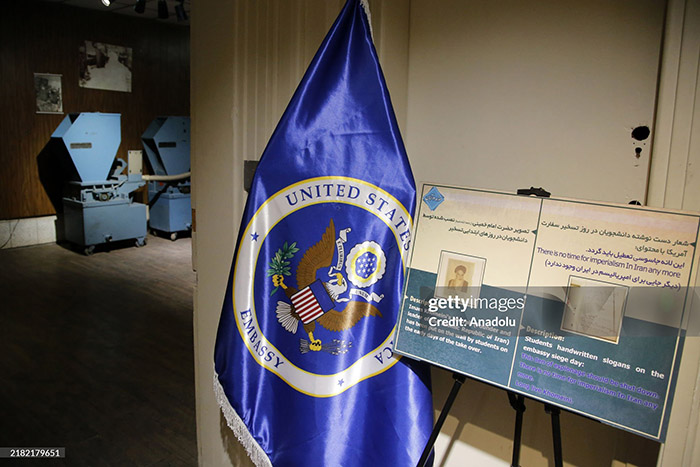Khomeini quickly established the Islamic Republic, marking a drastic shift in Iran’s governance and ideology. He declared the United States as a symbol of imperialism and accused it of exploiting Iran’s resources while supporting a regime viewed as corrupt and tyrannical. In this climate of anti-American sentiment, the hostage crisis became a statement of Iranian independence and resistance against foreign interference. The students who seized the embassy did so with Khomeini’s tacit approval, using the hostages as bargaining chips to pressure the U.S. into extraditing the Shah and ceasing its support for him.
Life Inside the Embassy Compound: The Hostages’ Ordeal
For the American hostages, life inside the embassy turned into a grueling experience that tested their resilience. They were often blindfolded, held in confinement, and subjected to psychological pressure. Over time, some were moved to separate locations in the city to avoid coordinated rescue attempts. The constant threat of violence and uncertainty about their future weighed heavily on them.

